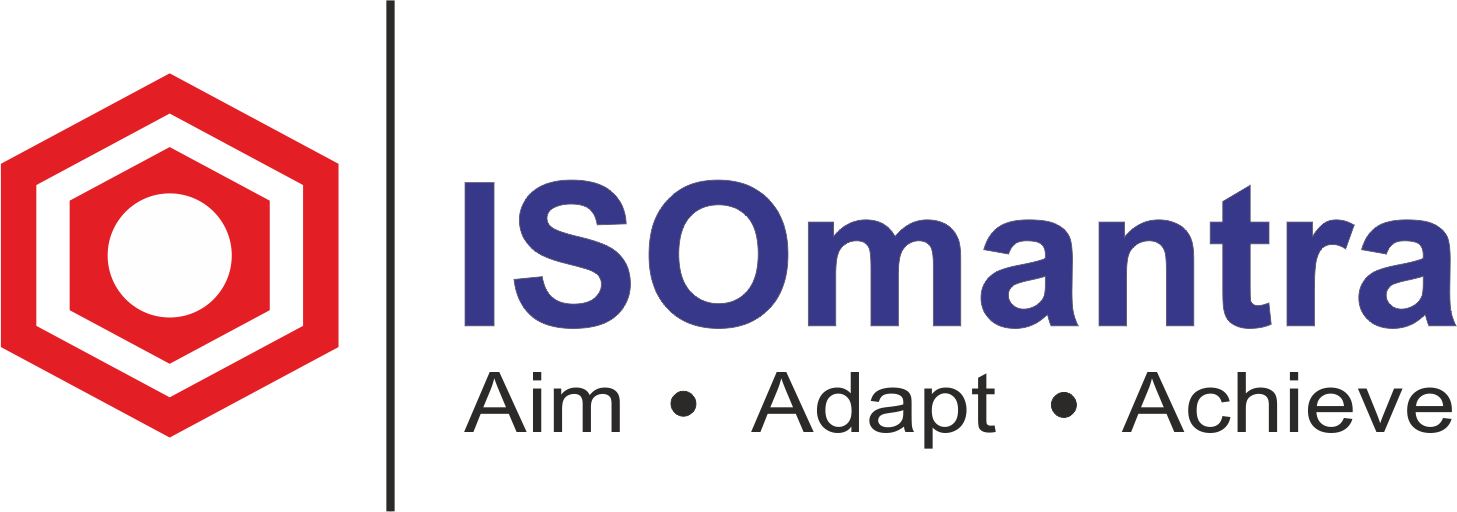
Advantages of ISO 22301 or Business Continuity Management System (BCMS)
Visible Resilience: An effective BCMS demonstrates to existing and potential customers that the organisation is prepared for the interruption. This is especially critical in industries such as government, finance, defense, and social services, where disruption can have a significant impact on people’s lives as well as financial impacts.
Competitive Advantage: It may gain business from competitors who are unable to operate or are operating at a reduced capacity. A corporation can profit from improved financial capabilities as well as reputational benefits that attract customers. A Business Continuity Management System enables a company to bid or tender more effectively.
Protect Organizational Value: A BCMS can help reduce the negative impact of a disruptive incident. This can save the organisation a large amount of money, time, and potential reputational damage.
What exactly is the distinction between ISO 27001 and ISO 22301?
ISO 22301 requires the installation of a Business Continuity Management System (BCMS), which emphasises the significance of implementing and running controls and measures to manage an organization’s overall ability to manage disruptive situations. ISO 27001 requires the installation of an Information Security Management System (ISMS) to ensure information confidentiality, integrity, and availability.
Which should come first, ISO 22301 or ISO 27001?
If your organisation faces a lot of non-IT hazards (each of which has the potential to disrupt operations), and if your IT is only assisting your business processes, you may get more “bang for your buck” by focusing on implementing ISO 22301-based Business Continuity Management.
If, on the other hand, you do not provide any physical deliverables but only deal with digital items and information technology procedures are at the heart of your firm, you should implement an ISO 27001-based Information Security Management System.

